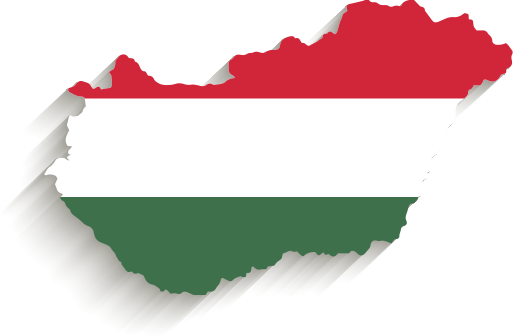(Grant Agreement n. 669194)
(Budapest, 18/12/1923 - Budapest, 7/5/2014)
Deputy Minister - Ministry of Foreign Affairs (1970-1973)Undersecretary - Ministry of Foreign Trade (1973-1976)
Ambassador of Hungary in Moscow (1976-1978)
Head - Committee for International Economic Relations (1978-1980)
Vice-president - Executive Council (1978-1988)
Leader - Economic Committee of the Executive Council (1981-1986)

Since his vice presidency he was the permanent representative of Hungary in the CMEA, he supervised the talks with the EEC and managed an active economic policy with the Western countries. He did not support to conclude a general trade agreement with the EEC, he intended to avoid any serious conflict with the Soviets.
|
As a conservative Communist politician actively supported the censorship in the Public Relations Office. As a minister he intended to avoid any risky action in foreign policy. |
|
As one of the Central Committee secretaries he was responsible for the foreign policy of the state party. He supported to manage a rapprochement with the EEC. |
|
In the ministry he was responsible for the inter-bloc relations. He represented his ministry during the inter-ministerial negotiations concerning the EEC and CMEA talks. |
|
He was the key figure representative of the national bank towards the West, the Eastern banker and businessman who all along remained Communist. He acquired several loans to Hungary to develop the national economy, but publicly never supported... |
|
As the supervisor of the economic policy was involved in the negotiations with the EEC, he urged and promoted the new wave of economic reforms during the 1980s. |
|
He, as foreign trade minister, had several meetings with EEC representatives. However, he insisted on concluding an agreement with the EEC solely in accordance with the GATT regulation. |
|
As the economic secretary of the Central Committee he was responsible for the preparation of proposals dealing with economic policy and foreign economy. As the member of the older generation party apparatchiks, he did not supported a radical o... |
|
No. 10 129/1982 resolution of the Economic Committee: Our economic and trade policy towards the Common Market, options to develop it
MNL OL XIX-A-39-b 25. d. | 10129/1982
The resolution gave permission for launching talks with the EEC and negotiating a comprehensive agricultural agreement, but also explicitly claimed that these negotiations would be solely an exchange of views of technical nature. - Available here. |
|
A shortened report on conversation between Marjai and Talyzin on 23 January [1984]
MNL OL XIX-A-2-af 187. d. | 01-23
József Marjai reported about the EEC negotiations to Nikolai Talyzin, Soviet Deputy Chairman of the Council of Ministers, who commended and thanked the continuous Hungarian information on Budapest’s talks with Brussels. - Available here. |
|
Recent developments in relations with the EEC – evaluation and proposal
MNL OL XIX-A-2-af 187. d. | 820/Me
Melega suggested to József Marjai the following tactic: Hungary would send its representatives to the expert level negotiations, but maintain its position concerning discontinuation of the discrimination, refusal of the effective reciprocity. - Available here. |
